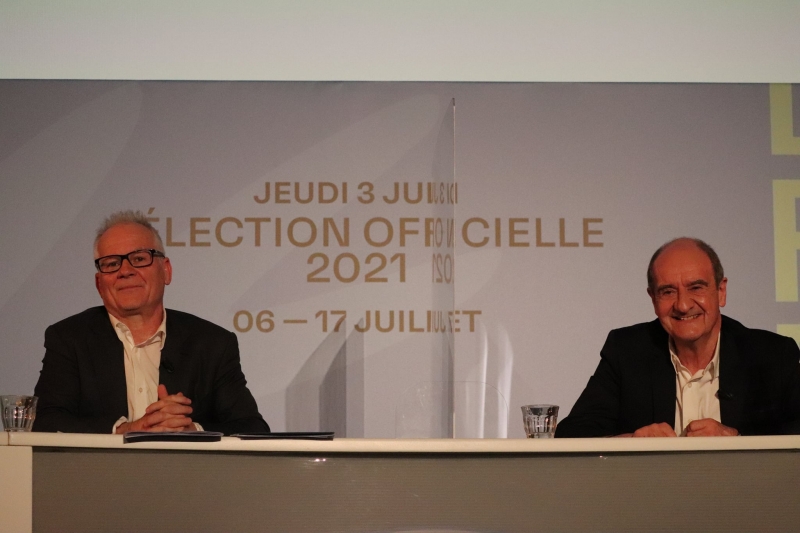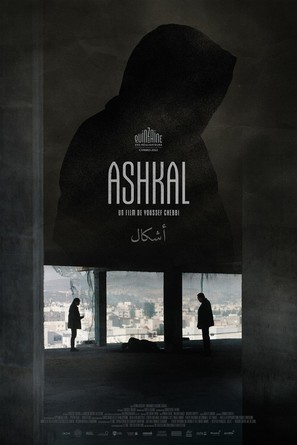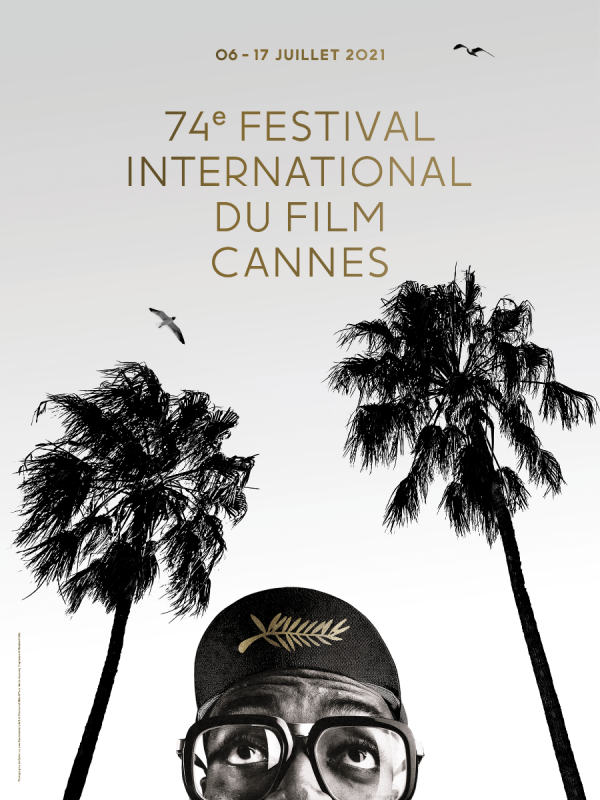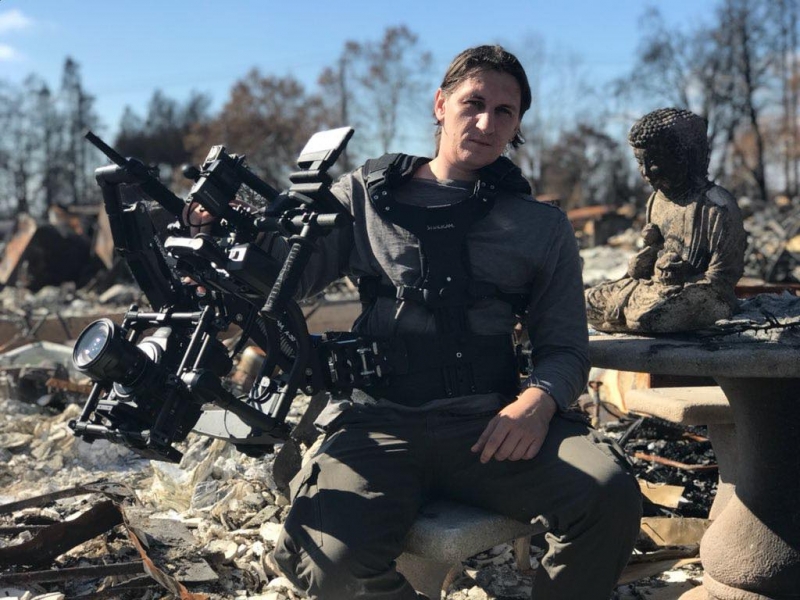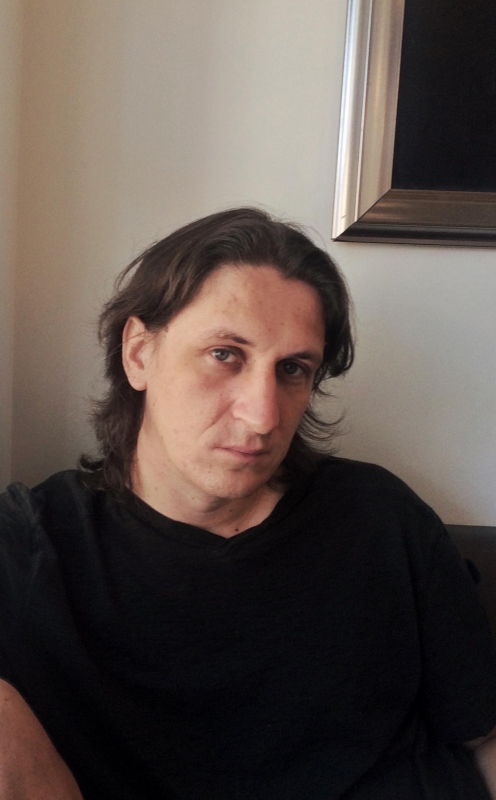|
|
||
|
Pro Tools
FILMFESTIVALS | 24/7 world wide coverageWelcome ! Enjoy the best of both worlds: Film & Festival News, exploring the best of the film festivals community. Launched in 1995, relentlessly connecting films to festivals, documenting and promoting festivals worldwide. Working on an upgrade soon. For collaboration, editorial contributions, or publicity, please send us an email here. User login |
BAAD EL MAWKEAA (AFTER THE BATTLE) at Cannes 2012The French-Egyptian co-production ‘BAAD EL MAWKEAA’ (‘AFTER THE BATTLE’, 2012) held its world premier at the 65th Cannes film festival in competition. Egytian director Yousry Nasrallah and cast attended a press conference on May 17th, 2012. Read an excerpt of the conference below: Q: Did you have the feeling that you might have consequences from making this movie? Nahed: Yes. With every movie. But I feel an artist freedom and I enjoy it so I can’t fight. Q: How difficult was it to make this film and did you have problems while shooting? Yousry: When we started shooting we gave the film a code name. It was ‘Reem, Mahmoud and Mostafa’, to make it sound like a romantic comedy but we always knew that the film’s real title was ‘After the Battle’. The one time, well the only time we were harassed while shooting was strangely when we were shooting at Tahrir Square. It was on the 8th of July and the events proceeding that demonstration are evoked in the film when thugs actually attacked the families of martyrs who were commemorating their loved ones in a theater at Tahrir and rather than arrest the thugs it was the parents of the martyrs who were arrested and people who intentionally wanted to go to Tahrir on the 8th of July demanding a new constitution were forced again to ask for the retribution for the people who were arrested and for the people who were killed during the revolution and the purging of the ministry of the interior. I think on the square that day there were so many secret police agents or people that had infiltrated that they used the fact that we had well known actors with us as an excuse to attack us. We ended up shooting exactly what we wanted but the first questions I was asked when I was coming in with the crew is ‘Do you have a permit?’ And I said ‘A permit? What are you talking about? We are on Tahrir Square. What kind of permit do you need?’ And I think the guy either was still living the Mubarak trauma completely not used to the idea that people could shoot without a permit in Liberation Square. Or the he was an agent. I couldn’t tell but eventually we both laughed, but this was the only instance where we had a problem and it was not a major one actually. The people there and all over Cairo were very happy that there was a film being shot and I think this is extremely relevant. Concerning the harassment thing I don’t think they have problems understanding us. When the woman says its normal that these things happen she also says ‘Don’t expect things to happen in 18 days. It takes time.’ And when I say normal I don’t say it’s right, I say it’s to be expected and it’ll take time to change it and unless the westerners are very stupid, I think they’ll understand it. Q: Something Westerners have a hard time accepting is the existence of a village completely walled in like that until you Google it up you have a feeling that it is a righteous concept. Can you tell us more about that village that consists of about 50,000 people? Yousry: The village consists of 100,000 people. Yeah, the village in the film is a community that exists since the late 18th century. Basically the first families to have settled there were Bedouins and then they became larger and larger and in the 80’s Sadat gave them ownership rights for the places they had built houses on. In the last ten years there has been a very strong campaign to expel them. It began with the construction of that wall which the Department of Archaeology constructed under the pretense to protect the tourists from being pestered by the horse and camel riders there. In fact, it’s very easy to figure out why this wall was constructed and why the state wants these people to get out of there. It’s amazing real estate. If you kick them out you can construct hotels there. I think there was a project by Unesco to protect the compensate the inhabitants there for $5,000 a meter and what the government offered the people to leave was 500 Egyptian pounds which is less than $100. What really moved me was the violence of that wall that is constructed is obvious. It’s visually there and I think one of the things I tried hard to keep while filming was always the to film the pyramids behind the wall. There’s one scene where they climb on top of that shack and they watch the sound and light of the pyramids and that’s when you see the pyramids without a wall but otherwise there is always a barrier between you and what is behind that wall. These people have always had a very physical relationship to the pyramids and the sphinx and I think the idea of not caring about the fact that these people live there and have always lived there, its not like a market which you can relocate somewhere else. Their whole livelihood depends on the pyramids and tourism so wanting to get rid of them is something so cruel. And it’s not true that these people are anti-revolutionary because the truth is that when the revolution started their first impulse was to go and destroy the wall because they wanted to get rid of that wall. But when they went to do it they were told to stop destroying the wall and to go and support Mubarak and that he would destroy the wall for them and they believed it so they went back and supported Mubarak. Another aspect that is important to think about is ‘Okay, you’ve been fooled into doing this but do you have any kind of idea of how to regain your dignity?’ because you’re considered the main obstacle to progress. The whole counter-revolution became incarnated in you. And you want to raise your kids so how are you going to raise your kids when you are so humiliated? And it joins why the revolution broke out in the first place which is dignity. And I think this is what the film is about. It’s about a man who is trying to regain his dignity for himself and his family and the woman who is trying to find a place in an Egypt that is changing and both are not in the right place. Q: Do you think this film will be shown in Israel and if so how do you think they will receive it? Yousry: In regards to what is happening in Egypt now, if you want a straight answer to that which has nothing to do with being pressured and whatever I don’t think at the time when the Egyptians and the Arabs are trying to put their first steps toward liberation from their own regimes and oppression and from military rule that Israel is an ally for that liberation at this time. That is my personal position. Transcribed by Vanessa McMahon BAAD EL MAWKEAA (AFTER THE BATTLE) OFFICIAL CANNES SYNOPSIS "Mahmoud was one of the horsemen coerced by lowly henchmen for Mubarak's regime into carrying out attacks on protesters in Tahrir Square on February 2, 2011. He has since lost his job. Humiliated and ostracized, he lives near the Pyramids with his wife and sons. His family is on the brink of despair when he meets Reem, a secular Egyptian divorcee who works in advertising. She is a fervent revolutionary who lives in a wealthy Cairo neighbourhood. Theirs is the encounter of two people, but also of two different worlds." CREDITS: Yousry NASRALLAH - Director, Yousry NASRALLAH - Screenplay, Omar SHAMA - Screenplay, Samir BAHSAN - Cinematography, Mohammed ATTEYA - Set Designer, Tamer KARAWAN - Music, Mona RABI' - Film Editor, Ibrahim DESSOUKY - Sound. ACTORS: Menna SHALABY - Reem, Bassem SAMRA - Mahmoud, Nahed EL SEBAÏ - Fatma, Salah ABDALLAH - Haj Abdallah photos by Vanessa McMahon 04.06.2012 | Cannes's blog Cat. : AFTER THE BATTLE Artist BAAD EL MAWKEAA (AFTER THE BATTLE) at Cannes Business Business CAIRO Cannes Director Egypt Egypt Entertainment Entertainment Film Google Hosni Mubarak Human Interest Human Interest Israel Labor Labor Liberation Square Mahmoud Mostafa Mubarak Nationalism Person Career premier Reem Sadat set designer Tahrir Square Tahrir Square the 65th Cannes Film Festival United Nations Educational Scientific and Cultural Organization Vanessa McMahon Yousry Nasrallah Yousry Nasrallah FILM
|
LinksThe Bulletin Board > The Bulletin Board Blog Following News Interview with IFTA Chairman (AFM)
Interview with Cannes Marche du Film Director
Filmfestivals.com dailies live coverage from > Live from India
Useful links for the indies: > Big files transfer
+ SUBSCRIBE to the weekly Newsletter Deals+ Special offers and discounts from filmfestivals.com Selected fun offers
> Bonus Casino
User imagesAbout CannesMy festivalThe EditorUser contributions |



















